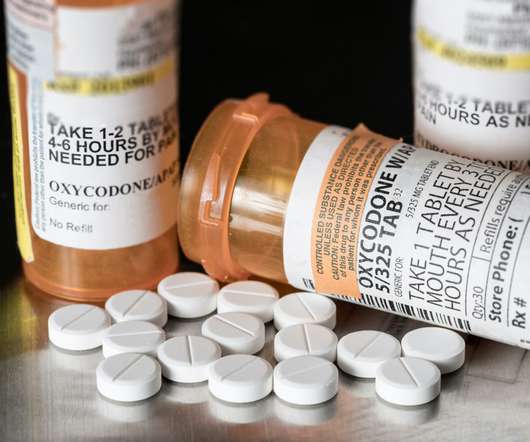Could the Road to an AKS Violation Be Paved with Good Intentions? Pfizer Asks SCOTUS
FDA Law Blog
NOVEMBER 6, 2022
Pfizer manufactures tafamidis (sold under brand names Vyndaqel and Vyndamax), a breakthrough treatment for a rare, progressive heart condition called transthyretin amyloid cardiomyopathy (ATTR-CM). In June 2019, Pfizer sought an OIG advisory opinion to ensure that its proposal would not run afoul of federal law. Background.














Let's personalize your content